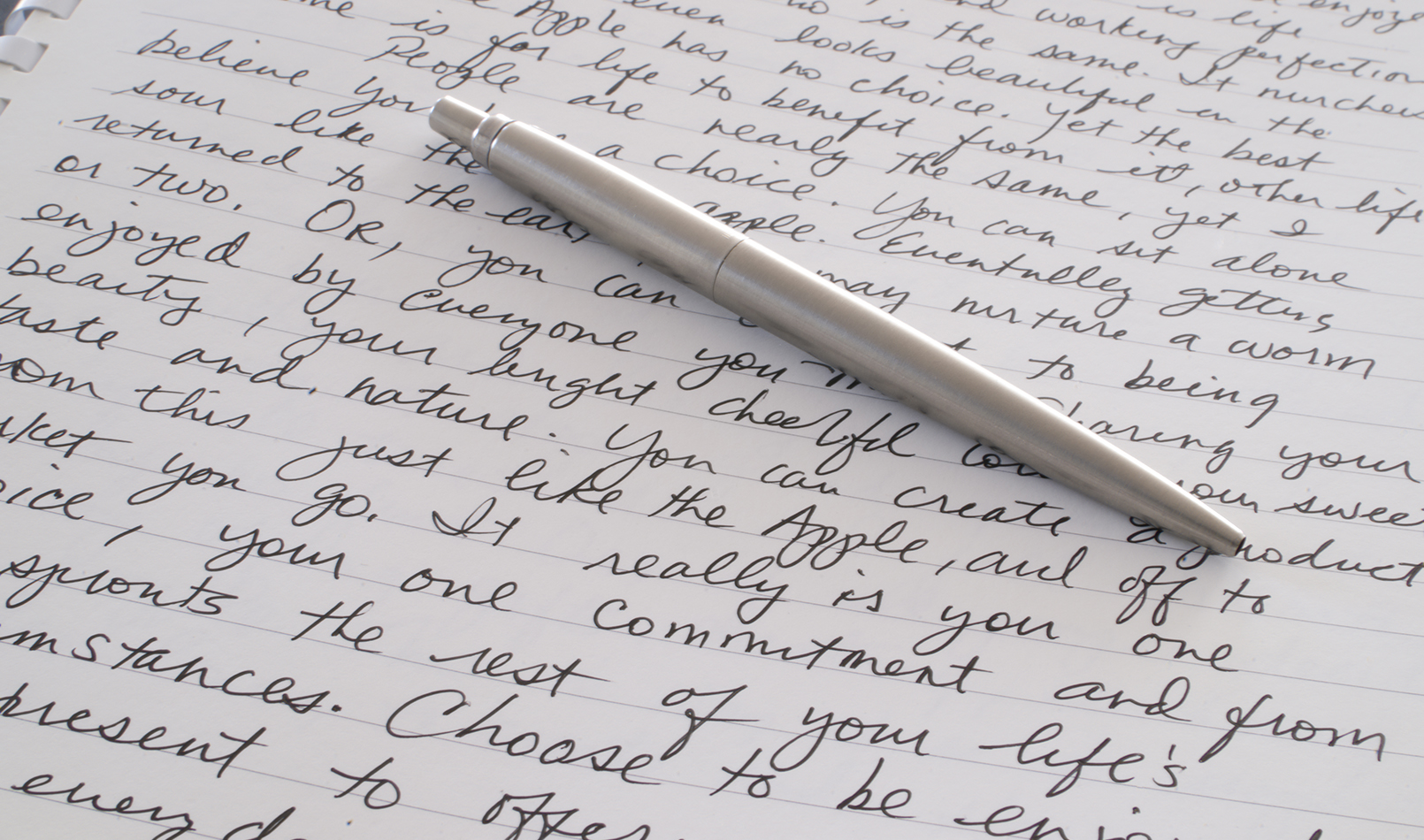So, you want to write your life story. Where do you start? Start in the middle. Start with something that tickles your fancy.
Ruby wrote of ice skating on the lake, then helping her family cut and haul blocks of ice to the ice house. We watched her family layer a base of hay on which to bed the ice. We saw them hanging meat from the rafters.
Sue told about her father asking her to dive from the high board she’d previously jumped from, and how she froze. She didn’t want to disappoint her father, an accomplished diver, so she put her arms out and dived. The belly flop was heard around the world, but the smile of pride on her father’s face convinced Sue to dive again and again and again until she also became accomplished.
Almuht showed the determination of her mother who tracked a jaguar in the jungles of Brazil to reclaim uneaten parts of the sheep it had stolen from their meager herd.
“My life isn’t that exciting,” you may say. But it is to those who have not lived it. Your existence holds treasures.
How did you react the day President Kennedy was shot? We all remember where we were when we heard the dreaded news.
Did you follow the space race? How did you feel when we landed on the moon? Were you glued to the TV? Did you hear the words, “That’s one small step for man, one giant leap for mankind,” spoken by Neil Armstrong?
As you write, you will be reminded of other times of your life that impacted you. Perhaps it was watching your grandmother heating water in an oval tub on the wood stove and having a strong man tote it to the back yard. Monday was wash day. Another tub of warm water sat nearby in which to rinse the clothes. Bluing was put in a rinse for white clothes. Hand wringing was the next chore, then clothes were pegged to the clothesline.
What was your first washing machine like? Mine was a wringer washer. I still had to rinse in a separate tub but the wringer removed the extra water. I still hung my clothes from a clothesline. Then I graduated to a washer and dryer. What a saver that was.
Perhaps you went hunting with your favorite uncle and he taught you how to track and shoot. Or did your dad teach you how to fly fish in a cold mountain stream?
Keep writing the stories as you think of them, stories you feel. You don’t need to touch every facet of your life. You can reveal the skeletons in the closet . . . or not. Write to please yourself.
One day you will have enough, and it will be time to arrange the pieces in order. The result will be your memoir. And that will be the time to sit back with pride, knowing you accomplished your goal and created a lasting legacy.
But for now, it’s fine to start in the middle!
Frances S. Dayee’s manuscript critique classes have been available locally for over 16 years. Her expertise has produced both fiction and nonfiction published writers. Frances has published three books; a column called Love and Popcorn, for a Canadian magazine and numerous nonfiction articles. Contact Frances at fsdayee@yahoo.com.
More on Memoir Writing from 3rd Act:
“Memoir Writing in the Time of the Pandemic”—”I have been teaching memoir writing for 11 years, most frequently at Seattle Central College, but until the pandemic, I had never taught online.”
“Learning how to write dialogue, the importance of simple, concise, straightforward language, and the value of description was fun and challenging. My writing kept improving, and that was satisfying.” —At 78, I Learned Whole New Skill Sets and Am Having a Blast


